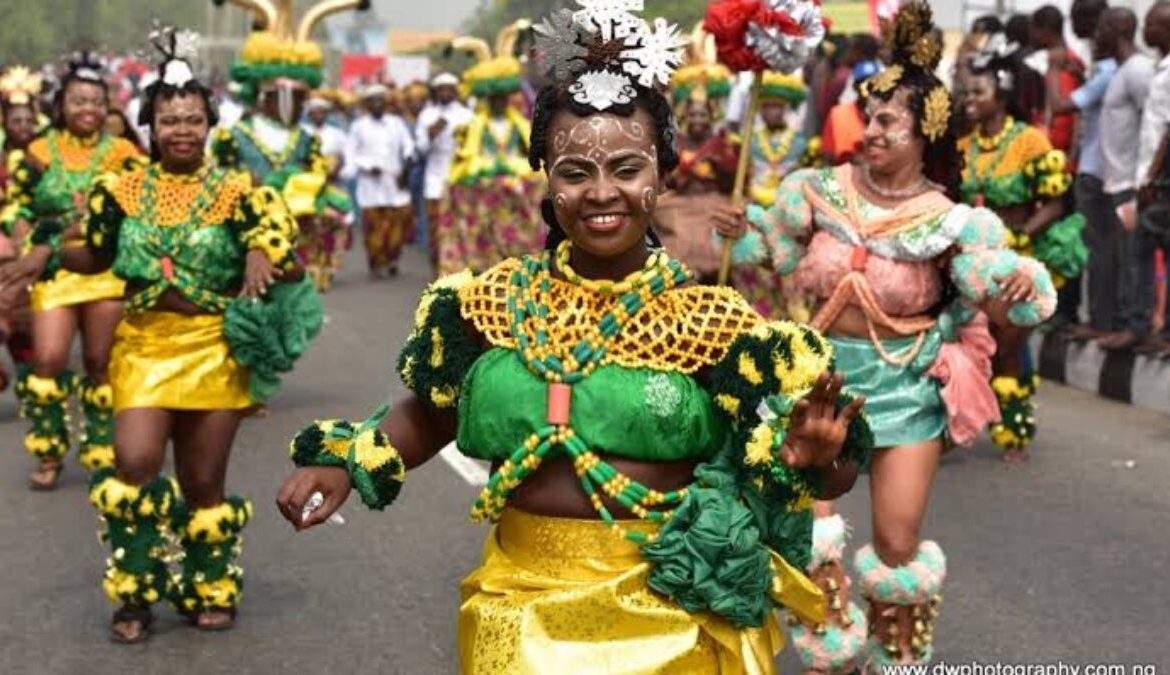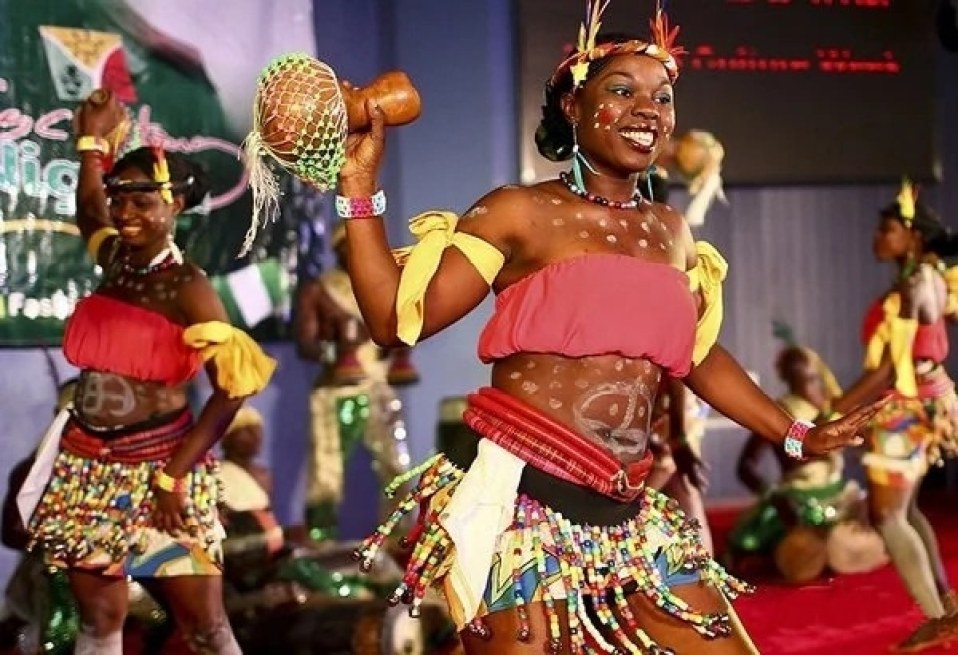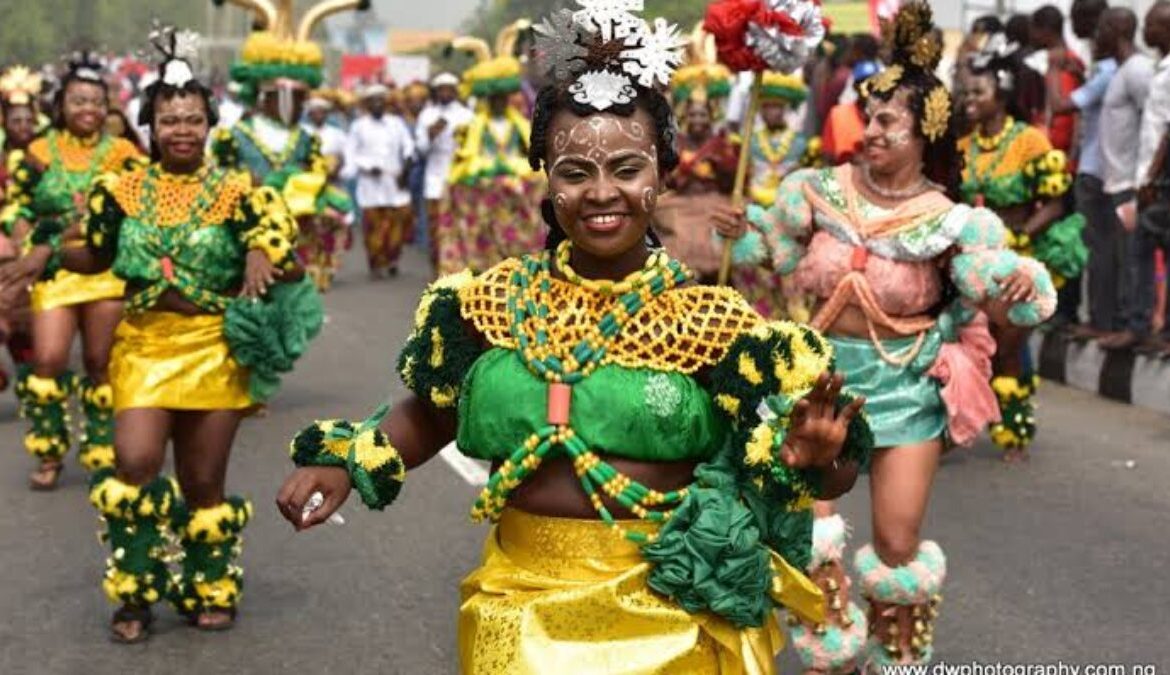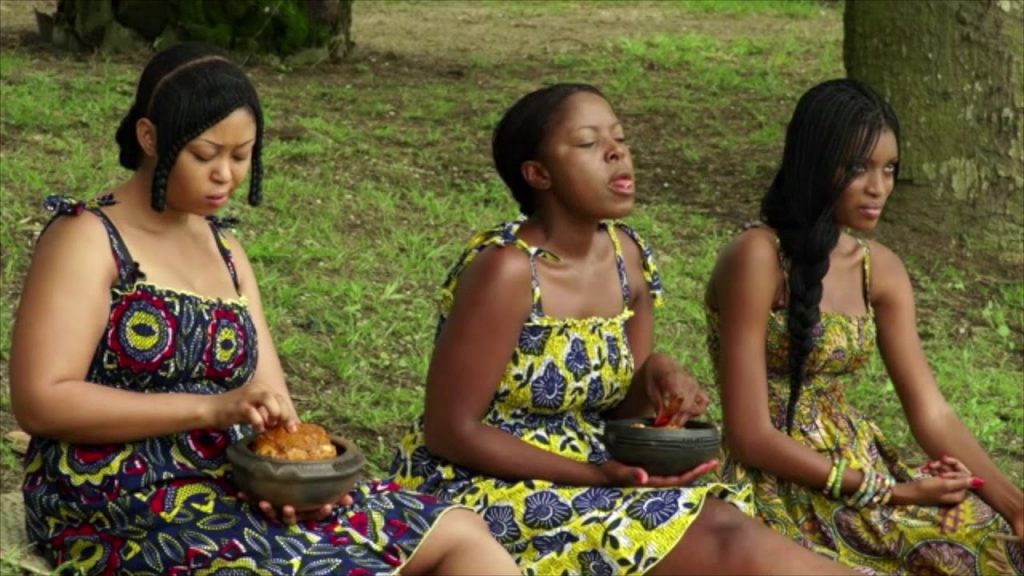The Language, Culture and Uniqueness of the Efik People

The Efik is an ethnic group located primarily in southeastern Nigeria, the southern part of Cross River State. The people speak the Efik language, a Benue–Congo language of the Cross River family. They refer to themselves as Efik Eburutu, Ifa Ibom, Eburutu and Iboku. Efik society consists of various clans which were originally known as “Esien Efik to itiaba” ( Seven clans of Efik) and later known in the 21st century as “Esien Efik Duopeba” (Twelve clans of Efik). The original seven clans are scattered between Cross River State and Akwa Ibom state and consist of Iboku (Duke town, Henshaw town, Creek town and Cobham town), Obutong, Adiabo, Mbiabo (Mbiabo Edere, Mbiabo Ikot Offiong, Mbiabo Ikoneto), Enwang, Usukakpa and Abayen. Tag along as we unveil the beauty, culture and uniqueness of the Efik people.
Efik Language
The Efik language is regarded as the language of commerce in the Cross River region and is also spoken in several communities in Western Cameroon. Communities within the Calabar area such as Efut, Kiong and Qua also speak and understand the Efik language. The language borrows words from other ethnic groups such as Balondo, Oron, Efut, Okoyong, Efiat and Ekoi (Qua). Interestingly, Efik is the only language taught in schools in many parts of the present-day Cross River and Akwa Ibom state.
Efik Food Culture
The Efik are well known for a diverse number of cuisines. Among these are Ekpang nkukwo, Edikang Ikong, Afia efere, Anyan Ekpang, Afang soup and several others. Before the introduction of modern seasonings such as maggi, crayfish were used to make meals spicier. Many Efik meals are made with yams such as Usuñ abia, Iwụk abia, Afia abia, Ọsọbọ abia, Edifrai abia and Ọfọp abia. The Efik also manufacture a number of beverages such as Mmịn Efik (Palm wine), Ufọfọp (Native gin), Lemongrass tea (Nnyannyaña), and Mmịn Eyop (Eyop wine).
Efik Traditional Clothing

Several types of dresses were introduced to Efik women such as the Victorian dresses known in Efik as Ọnyọnyọ. Over the years, the Onyonyo dress has been modified and given what is regarded as a dignified African look. In modern-day Efik society, Ọnyọnyọ is worn on various occasions such as weddings and traditional events. The dress is often worn with ornaments such as necklaces and earrings made of coral beads. During weddings, the bride wears at least two different Ọnyọnyọ. The traditional attire for men usually consists of a white long-sleeved shirt, a long broad soft neckerchief or scarf of costly material (Efik: Ọkpọmkpọm) and a wrapper tied around the waist (Efik: Usobo).
Read Also: Efik Traditional Attires
The Ekombi Dance

One of the ways the Efik people manifest their rich cultural heritage is through dance. The Ekombi dance is a colourful traditional dance inspired by the movement of the sea. The dance communicates a message and mood of peace and happiness. The Ekombi dance is done by young maidens.
The Fattening Room Tradition

The Efik people observe the famous Fattening Room tradition. This is an interesting cultural feature where maidens are overfed, massaged and made to sleep for hours to become the perfect robust bride. It’s an all-around training and beauty therapy carried out over a period of time to prepare a lady for marriage and womanhood. An advanced version of this is still practiced to date.
Did you enjoy reading this post? Like comment and share.
